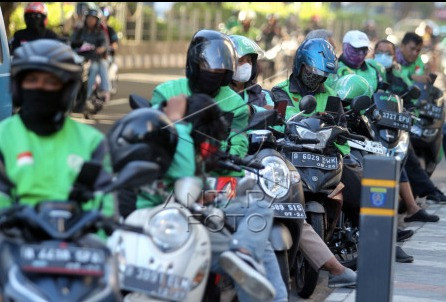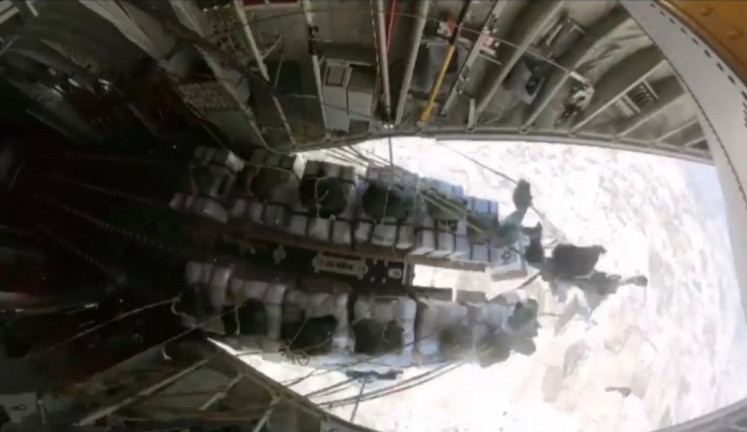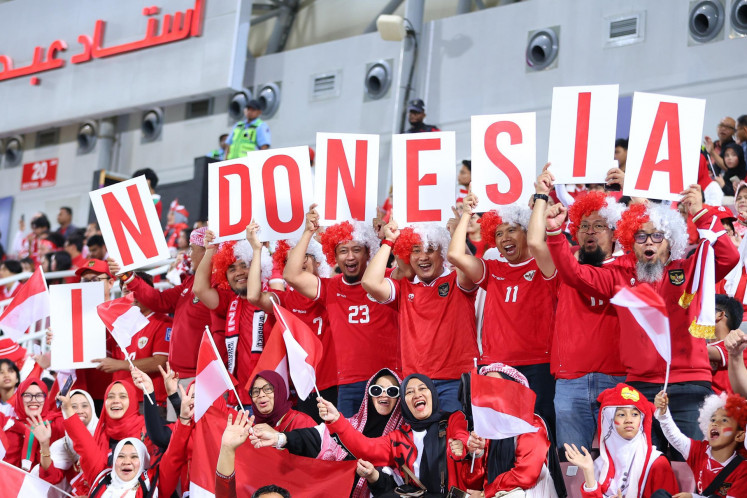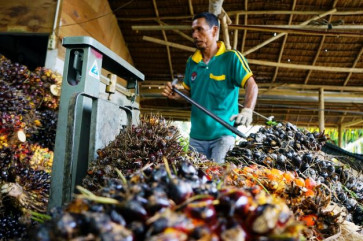Why developing nations are fighting Europe’s deforestation-free regulation
The World Wildlife Fund (WWF) has named the EU one of the world’s biggest contributors to “imported deforestation”, second only to China and ahead of India and the United States.
Change Size
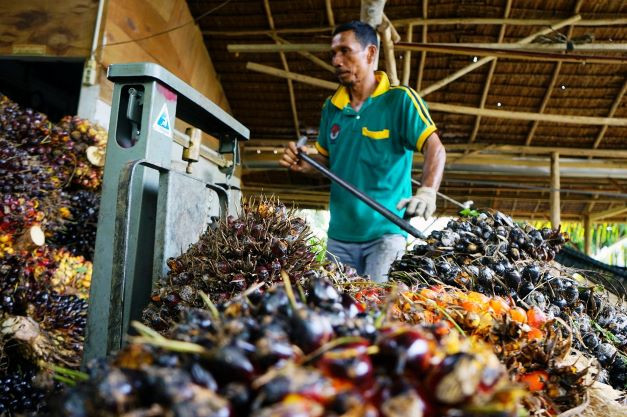 Seeds of controversy: A worker weighs palm oil seeds at a plantation in Kutamakmur, Aceh, on May 12. The European Union is drafting a deforestation-free regulation that may ban imports of Indonesian palm oil. (AFP/Azwar Ipank)
Seeds of controversy: A worker weighs palm oil seeds at a plantation in Kutamakmur, Aceh, on May 12. The European Union is drafting a deforestation-free regulation that may ban imports of Indonesian palm oil. (AFP/Azwar Ipank)
I
n late July 2022, ambassadors of 14 producing countries across Latin America, Africa and Asia signed a joint letter urging leaders of European Union institutions to reconsider the “‘discriminatory and punitive” nature of its proposed deforestation-free regulation.
The draft law aims to ensure that only deforestation-free products are sold on the EU market. Operators and traders must prove that wood, coffee, cocoa, palm oil, cattle and soy were not grown or harvested from land deforested after Dec. 31, 2020, even if it is considered legally produced in its country of origin.
This also applies to their derivative goods such as leather, chocolate and furniture.
The draft regulation’s unilateral approach potentially imposes trade discrimination and risks breaching established World Trade Organization (WTO) rules. Indeed, elements of the draft, such as its subjective benchmarking system which would categorize certain countries as “high-risk”, focuses on penalizing developing producer nations in the name of bolstering the conservation of forests.
Binding definitions of the term “deforestation”, the retroactive cut-off date for what is considered “deforested land”, as well as the abrupt transition period (12 months for large companies and 24 months for smaller ones) were also one-sidedly determined after minimum consultation with the impacted countries.
The 14 signatories warn that singling out certain commodities which are only produced by certain countries (such as palm oil, for which the EU relies 100 percent on imports) will likely only lead to a “downward spiral of trade distortion”. The draft regulation seemingly disregards the multilaterally agreed upon principle of “common but differentiated responsibilities” inscribed in the Paris Agreement, under which the impacted countries have committed nationally determined contributions (NDCs).
These NDCs include measures to reduce or limit greenhouse gas (GHG) emissions. To purposefully overlook this would be the same as neglecting the efforts and progress these countries have made in their own fight against deforestation.





